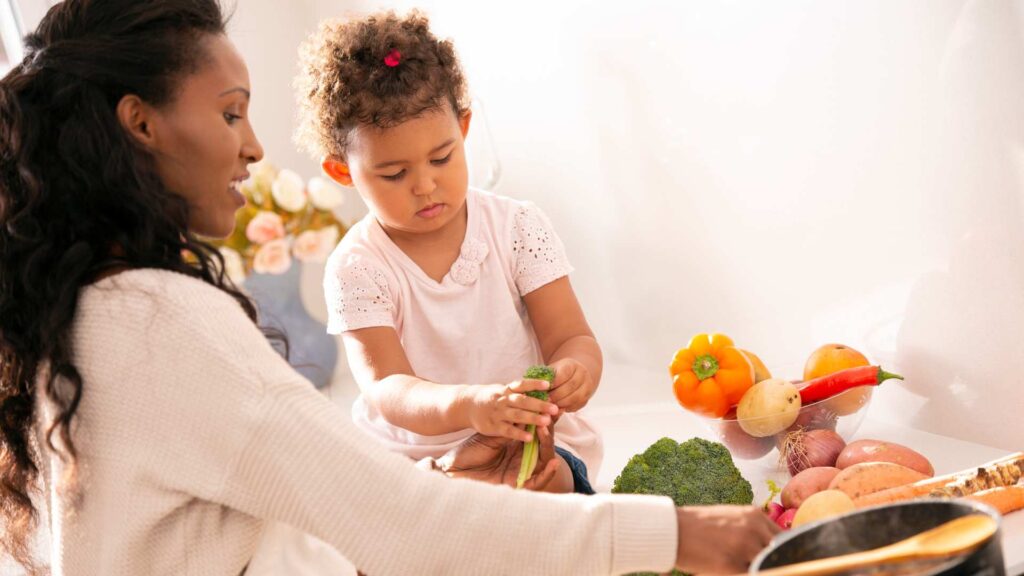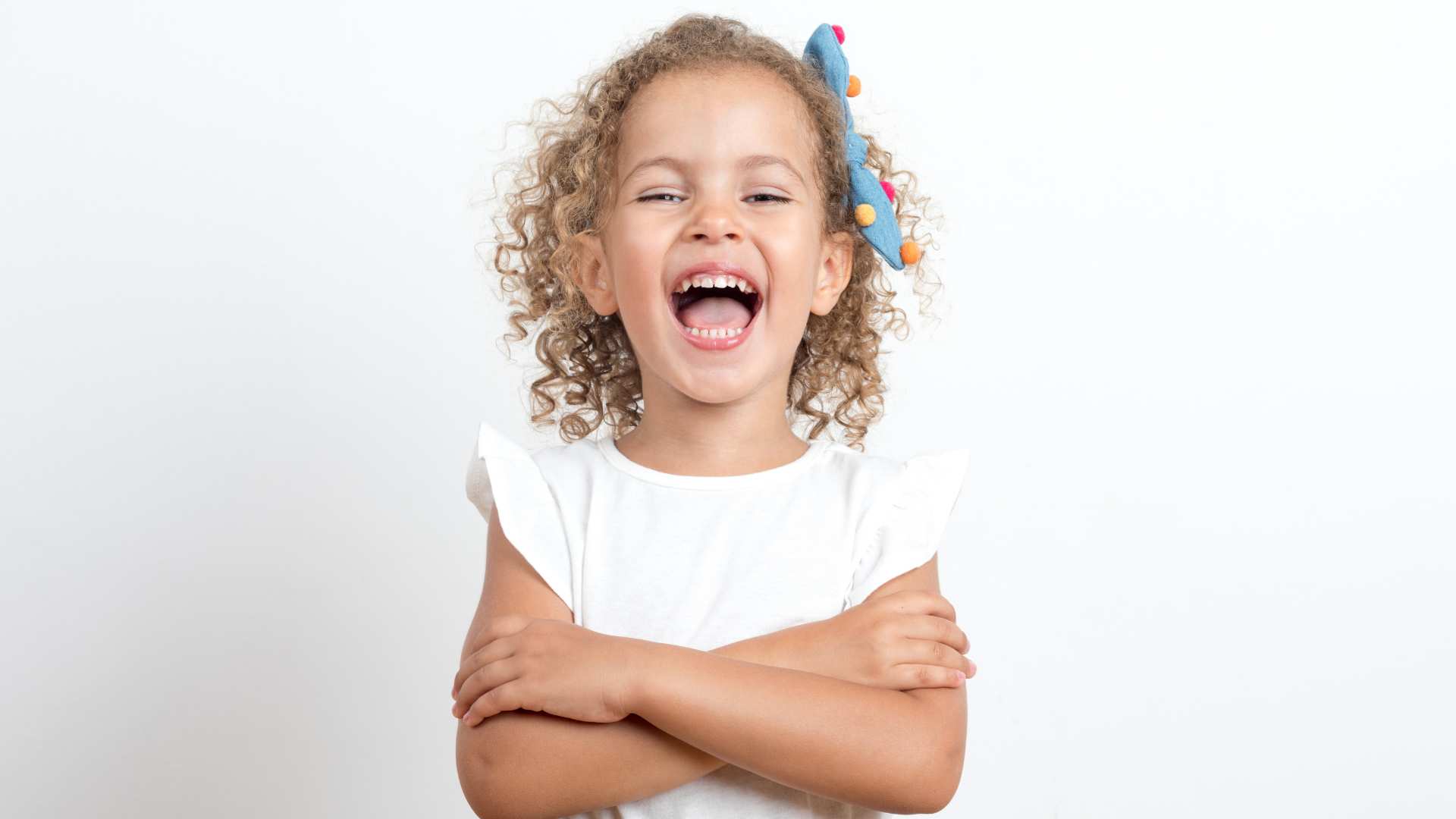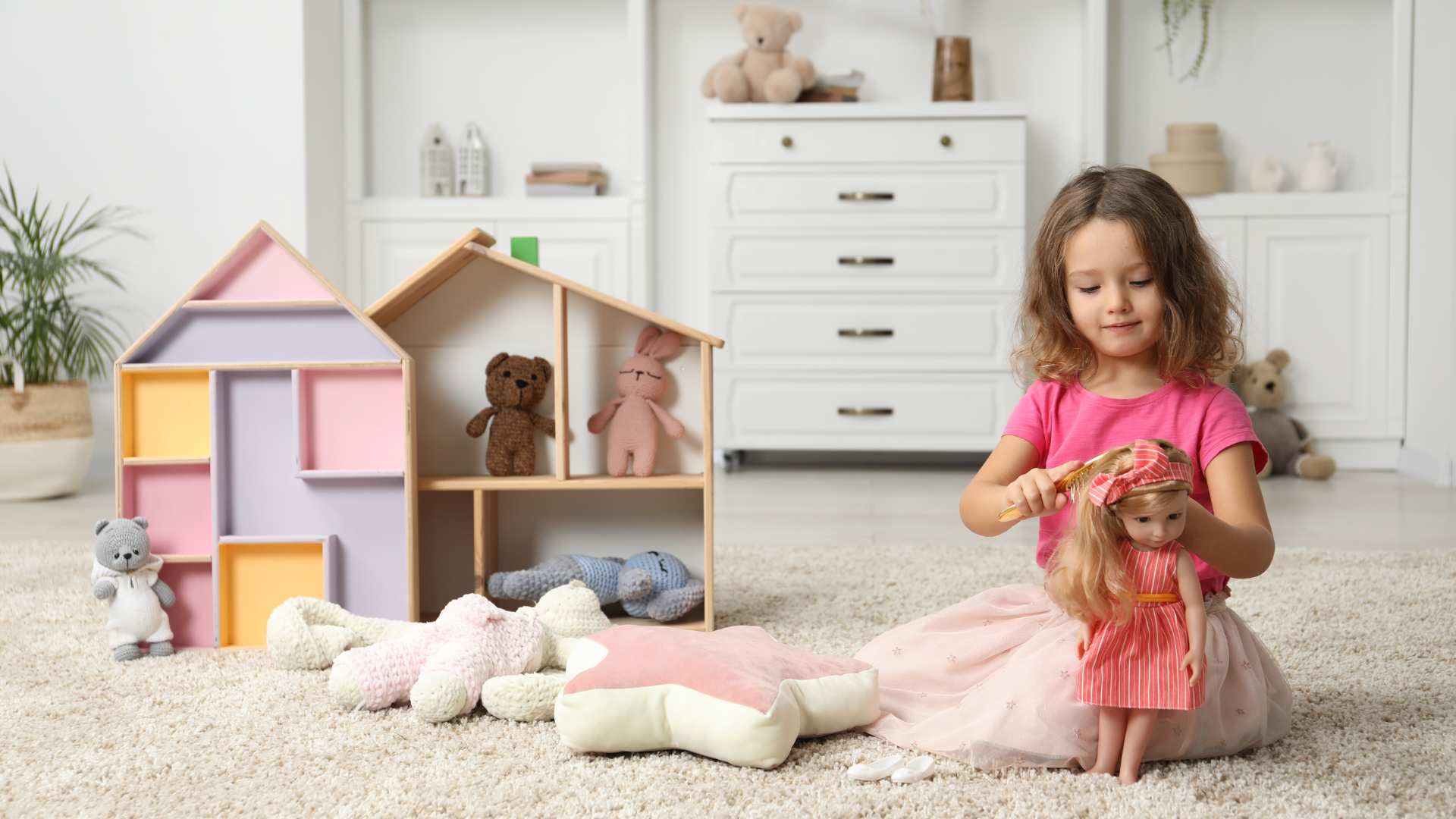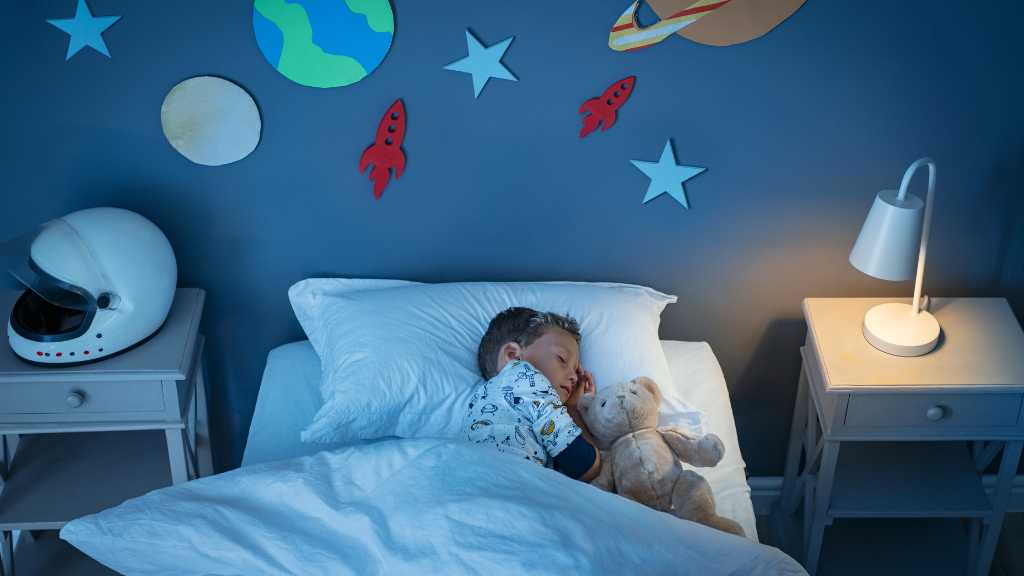Table of Contents
How does autism affect Holiday food preparation?
When we think about the holidays, we often picture family gatherings filled with laughter, traditions, and, of course, delicious holiday meals. Every family has its unique rituals, but for families with a child with autism spectrum disorder (ASD), planning holiday meals comes with additional considerations. From choosing dishes your child might enjoy to managing sensory sensitivities, preparing your child with autism for these celebrations can feel overwhelming.
So, yes, families with a child on the spectrum must think about everything from the tone of background music to specific textures or smells that could make certain foods challenging or adverse for them. Whether it’s Thanksgiving, Christmas, or New Year’s, the holidays are about gratitude and togetherness. The last thing you want is stress over what holiday meals to prepare for your little one.
In this blog by ABA Centers of New Jersey, we’ll share practical ways to prepare your child with ASD for holiday meals, including tips to reduce stress, recipes your child might love, and even ways to involve them as your kitchen helper. Let’s explore how you can make the holiday season more enjoyable and inclusive for everyone.
Why Holiday Meals Can Be Overwhelming
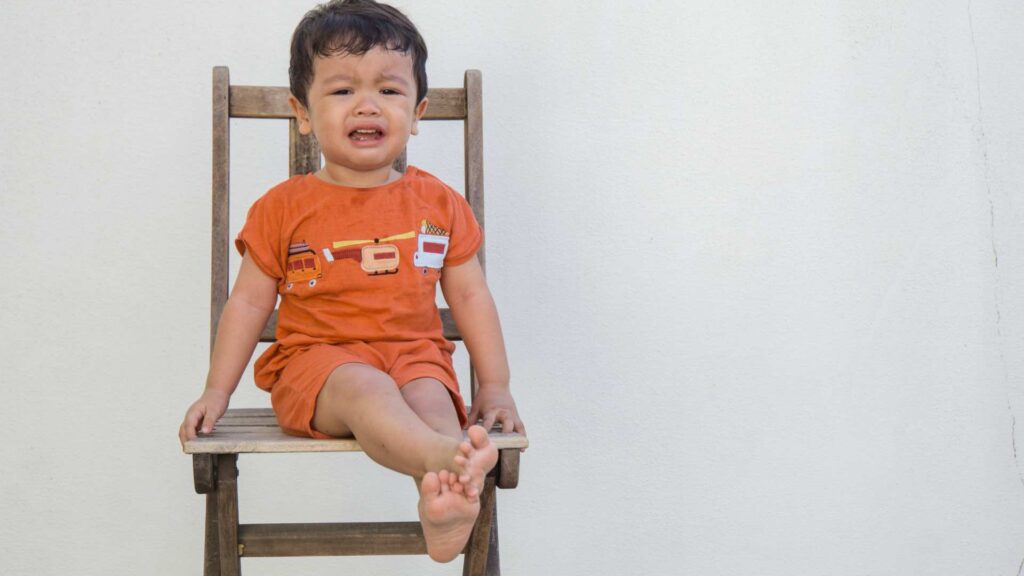
For children with autism, holiday meals can present a mix of sensory, social, and emotional hurdles. Think of how multi-layered a typical celebration can be:
- A crowded table full of people talking at once
- Aromas from the kitchen blend in ways that might overwhelm them
- Unfamiliar dishes with unexpected textures or tastes
Children on the spectrum often experience heightened sensory sensitivities, making them more reactive to environments like these. Additionally, changes in routine—eating at an unusual time, in an unfamiliar space, or with more people—can amplify feelings of discomfort or anxiety.
Moreover, it’s not just the environment. Food selectivity, common among children with autism, can turn holiday meals into a minefield. Many kids have solid preferences for familiar tastes, textures, or even how the food looks, which may clash with traditional holiday dishes.
Preparing Your Child for Holiday Meals
Our goal is to ensure that your child with autism can fully enjoy the holiday festivities and celebrate together as a family. We can always make adjustments to spaces, celebrations, and even dinners to create a more inclusive and welcoming environment for those who may need additional understanding and support.
1. Discuss Expectations Early
Preparation starts long before the meal. Use visual aids, such as social stories or schedules, to explain what will happen. Include details about who will be present, what foods will be available, and how long the meal might last.
2. Create Predictable Routines
Even during the holidays, try to maintain aspects of your child’s usual routine. For example, if they usually eat lunch at noon, plan the holiday meal around this time. Consistency can provide a sense of stability.
3. Practice Mealtime Skills
Leading up to the holiday, practice critical skills at home. Encourage your child to sit at the table for short periods, use utensils, or try small bites of new foods in a stress-free setting.
4. Offer a Sensory Escape Plan
Designate a quiet space where your child can retreat if the meal becomes overwhelming. This friendly space could be a bedroom or a corner with calming toys, headphones, or a weighted blanket.
Turning the Kitchen Into a Learning Space
Cooking together can be more than just a way to prepare for the meal—it’s an opportunity to bond, build skills, and ease your child’s anxiety. Even simple tasks like stirring batter, arranging vegetables, or rolling dough can help your child feel included and empowered.
Let your child participate in ways that suit their abilities and interests. For some, it might be as simple as choosing which toppings go on a dish and washing and peeling vegetables, while others might enjoy measuring ingredients or even helping serve.
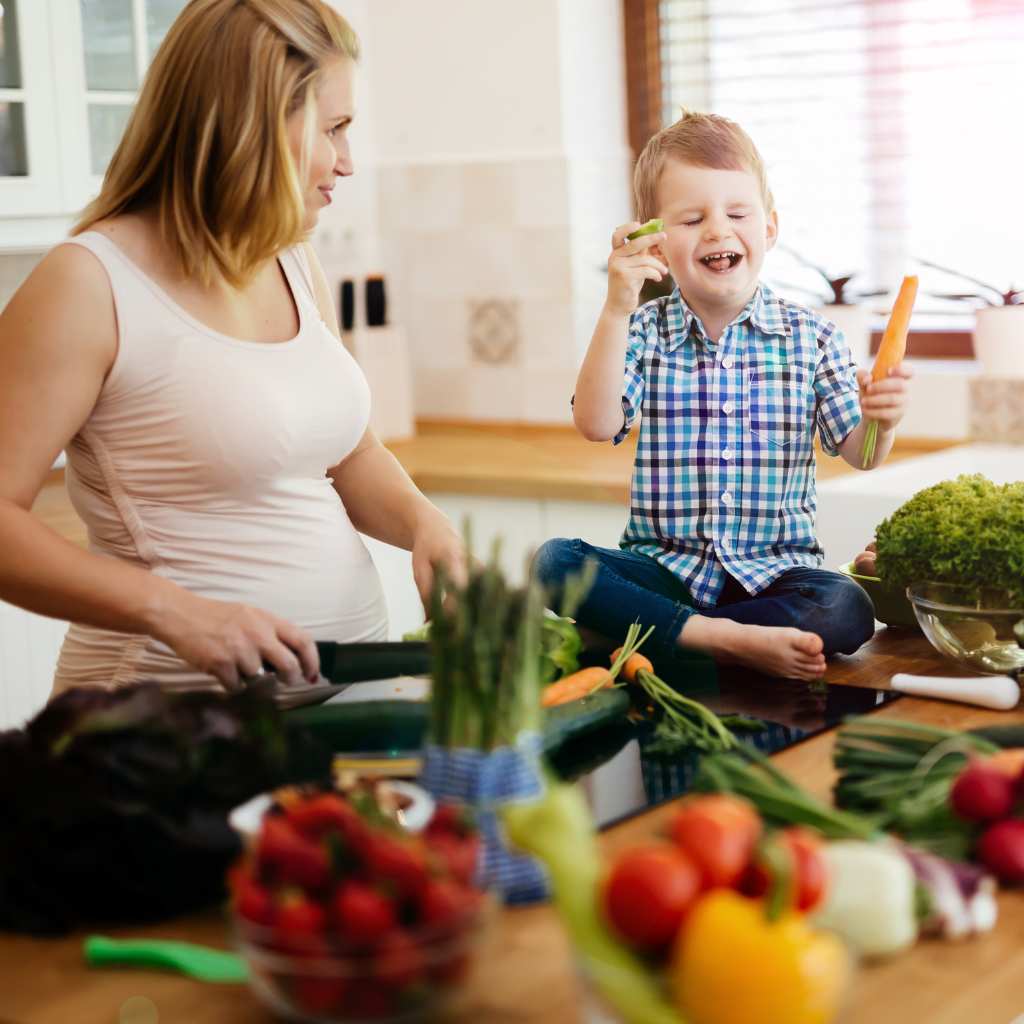
Recipes that are tactile, colorful, or straightforward can be incredibly engaging. For example:
- Creating holiday cookies, they can decorate themselves
- Prepare a fruit salad where they choose their favorite fruits
- Assembling small appetizers, like mini sandwiches or veggie platters
How ABA Therapy Can Help
Families enrolled in an ABA therapy program have reported observing significant progress in their children’s personal goals and abilities. ABA therapy aids in the development of children on the spectrum in several ways, primarily by teaching them positive skills and more friendly, less intrusive coping mechanisms. For events such as Christmas celebrations, therapists can assist and work with your child on various aspects, including:
- Build tolerance to new foods and textures gradually
- Practice routines that mirror holiday events, such as sitting at the table or engaging in conversation
- Develop coping strategies for overstimulating environments
How ABA Centers of New Jersey Supports Holiday Success
Holiday meals don’t have to look like a scene from a movie to be meaningful. Celebrate the small wins—a new food your child tries, a few moments of happy interaction at the table, or their willingness to be part of the gathering. These moments are what matter most.
At ABA Centers of New Jersey, we understand the unique needs of families navigating autism. Our therapy programs help build skills that directly support experiences like holiday meals, festivities, and overall day-to-day life, from improving social interactions to developing sensory tolerance.
Through tailored interventions, we help children with autism and their families overcome challenges and create joyful moments together. This holiday season, let us be part of your journey. Call us today at (855) 640-7888 or schedule a free consultation to learn how we can support your family and your child’s development.

